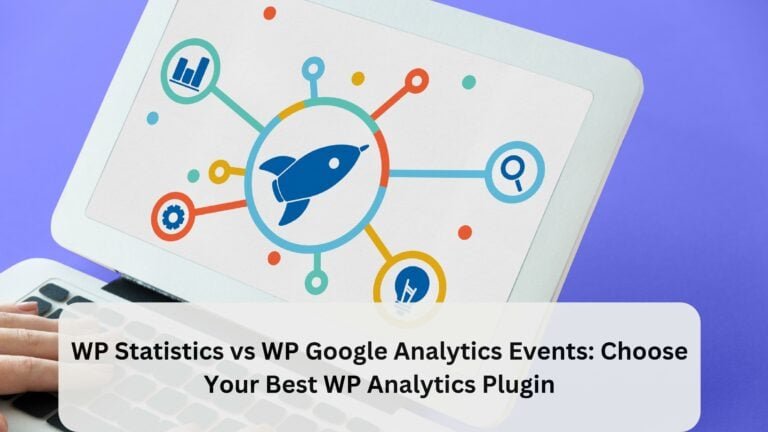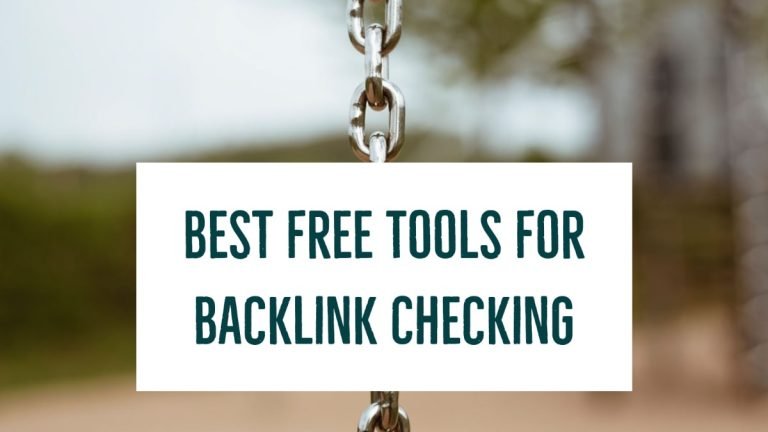First things first – congratulations on deciding to start a blog! Companies with a blog have +67% leads per month, on average, compared to those who don’t produce content. But, even if you only want to start a blog to share your thoughts or as a hobby, be sure that it is one of the best ways to attract an audience without paying for advertisement.
While deciding to start is the most important step, it is always followed by the same technical question – which platform to choose for your blog?
The market is full of premium and free blogging sites, and it’s easy to get overwhelmed before you even start writing.
But we feel you and are here to help! We will share tips that will help you decide which platform will work best in your case.
Remember, it’s much better to think this decision through thoroughly than to make a wrong choice. Once you make your pick and start writing, it will be much harder to change the platform. So make sure you read carefully and consider everything before making the final decision.
Table of Contents
ToggleWhat to consider when choosing a blogging platform?

1. Ease of use
If you aren’t very tech-savvy, ease of use should be your priority. The platform can have the best features in the world, but if it’s too complicated for you to use them, it’s no good.
For example, the most popular blogging platform of all, WordPress.org, requires you to have your hosting and domain before you even start setting up your blog. You also need to pick and configure a theme and install plugins. WordPress website builders help, but you also need to learn how to use them.
But, once you get accustomed to WordPress, the possibilities it offers are endless. More than a third of all websites in the world are on this platform, from small blogs to massive online stores with thousands of pages. If you are willing to learn how to use WordPress, it will undoubtedly pay off.
2. Consider going self-hosted if you have technical skills
If you are not technically inclined or just don’t want to waste time learning, going self-hosted is not an option, so you should just pick a hosted platform instead. But, if you have the skills, self-hosted is a much better option.
Let’s explain:
- Self-hosted means that you buy your hosting, a domain name, and pick one of the content management systems such as, for example, WordPress, Joomla, or Drupal. Going self-hosted means that you are the owner of all the content, and you don’t have to worry about platforms changing rules and deciding to limit your blog access. But, self-hosting also means you are responsible for your website and server, which means you will need to perform more technical maintenance.
- Hosted platforms take care of the server-side for you. Here, the learning curve is less steep, as you only need to configure your blog’s design and start writing. Most of the features are pre-installed for you, and you only need to turn them on or off. The downside of hosted platforms is that you are usually limited in one way or another, whether in bandwidth, space, or features, with better options being reserved for more expensive plans.
3. Scalability and Performance

While any popular blogging platform will work great initially, not all will perform well when your blog grows. This is especially the case if you will post a lot of multimedia content, which is much “heavier” than plain text.
Blogging platforms such as Tumblr, Wix, Weebly, or WordPress offer free plans to get you started, but you shouldn’t rely on that long-term. Not only will you find available free tier storage space limiting, but site performance will also be far from optimal. This affects both the user experience and search rankings.
4. Audience type
The type of audience you want to attract will help you pinpoint the platform for your blog.
For example, if your company is B2B oriented, you should have articles on LinkedIn, as that is where you will find most of the prospects.
If you are a writer, on the other hand, Medium is a great choice, as it has an audience of its own, and you will be able to grow followers. It’s free, but you won’t have your site, only a Medium page with articles on it.
It’s also worth noting that you can also share content from one platform or self-hosted blog to other platforms. Medium is especially good for this, as it lets you set a canonical link towards your self-hosted blog, which will make it authority when it comes to search engines. That way, Google will know that you have re-shared your content, and it’s not plagiarized.
LinkedIn doesn’t have this option, but you can still re-share your articles there. Just don’t do it immediately after releasing them on your site.
5. Pricing

If your funds are limited and you don’t plan to build a business out of your blog, starting with free platforms such as Medium or Tumblr might be a good option.
But, if you have the money, you should also look into other options. Pigeonholing yourself by making a decision based on price only can backfire sooner than you might think.
What if your blog starts attracting an audience, and you realize that the platform you chose can’t handle the increased traffic?
It is a much better idea to pick something that can scale if there’s a need than to later migrate your whole blog to another platform, which can be a massive headache.
Bottom line
Making sure you choose a platform that can handle your blog both initially and when it starts growing is an absolute priority.
Even if you only plan to release one blog every two weeks, that’s 26 blogs a year! And if each has a couple of photos, let alone videos, and starts attracting attention, you will soon realize how limited those free plans are, especially when it comes to storage and bandwidth.
Therefore, choose your platform wisely. Who knows, maybe you become the next celebrity blogger – they all started from scratch and went through the same process you are going through now, one article at a time.
About the author
Andrei Tiburсa is a content marketer who loves creating content that people find useful. When Andrei is not creating content he likes learning more about the wild Web3 world, dabbling in investing, and playing video games.
Andrei’s role at Hashnode is to help more developers instantly start a developer blog on their custom domain and connect with devs from the Hashnode community 🙌
Interesting Reads:
Monetize Your Membership Website Today
8 Possible Reasons Your Blog isn’t bringing any money
Sales Funnel And How To Create A Sales Funnel For Your Website








